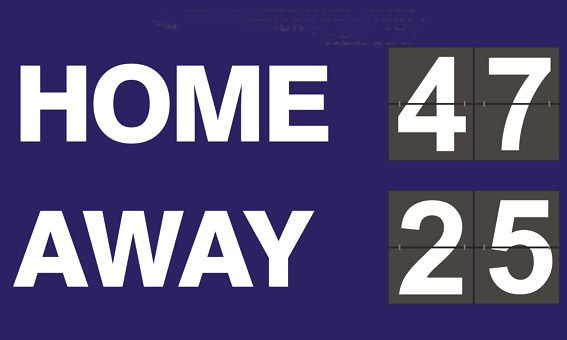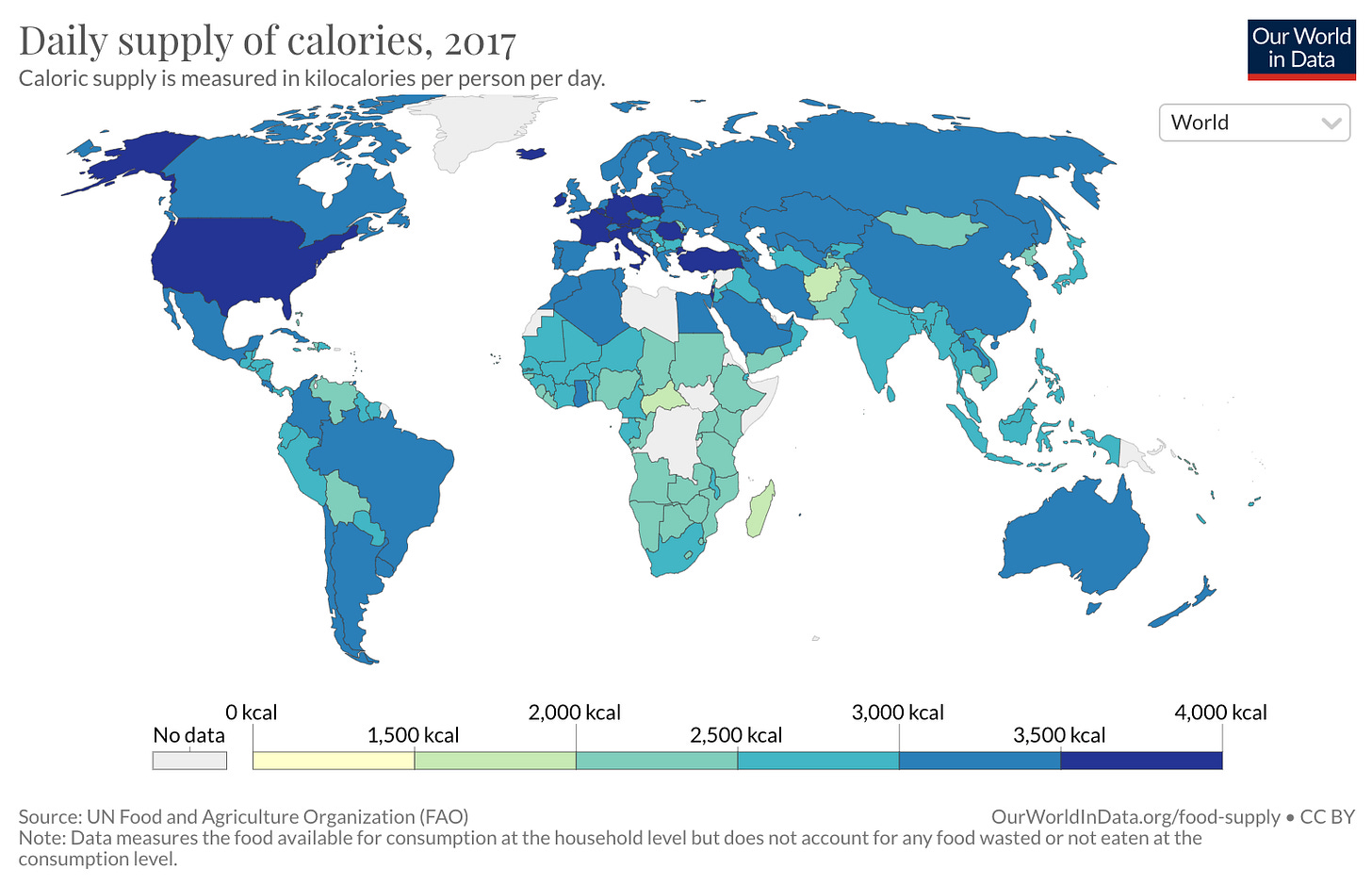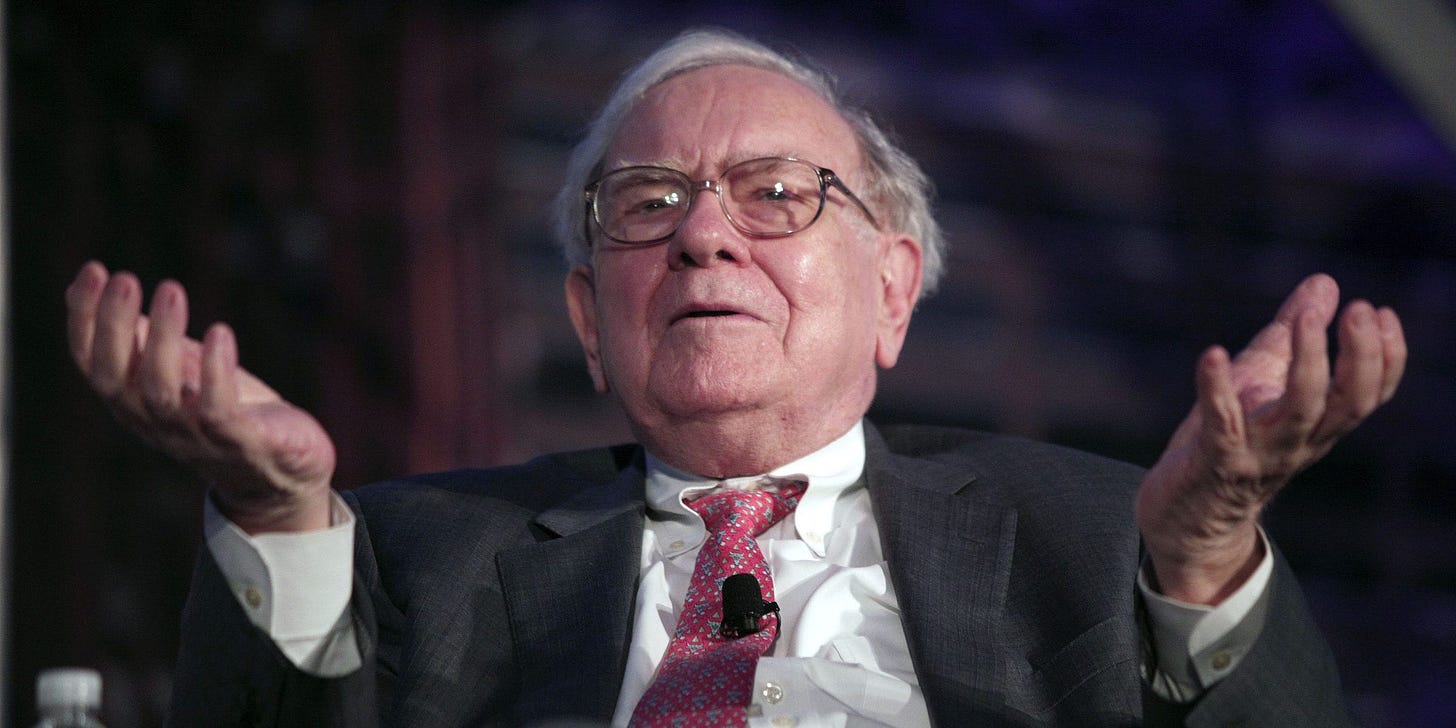Last week I wrote about how I escaped from the Brumbies Fat Club, and how I think losing some weight is as simple as being “consistently mindful when eating”.
Now I understand people may find my advice unhelpful, similar to the “just eat less than you burn” mantra that gets thrown around.
I also understand that by explaining my answer to a complex and personal problem in a simple way can come across as ignorant and over-simplistic, in the same way “Score more points than the opposition” is all you need to focus on in order to win a game of Rugby.
While both statements are technically true, their not very helpful as the “eat less than you burn” advice made me feel stupid when I failed to lose weight, despite taking it on board.
Until tracking, I didn’t know how to achieve that in sustainable way, and while I do stand by saying that weight-loss can be simple, I never said it was easy.
Too much food
Nowadays it’s so easy to eat too much, and I imagine it was very hard to get fat 200 years ago.
Inventions like UberEats, takeaway and convenience stores all stocked with yummy (but cheap and highly processed) foods means we now have easy access to an unlimited supply of food.
The World Health Organisation says the average person needs roughly 2,000 calories (or 8400 kilojoules) per day, yet parts of Europe and the USA are producing double that every single day! With Australia not far behind and most countries producing way more than they need.
That means either a lot of food is being wasted, or a lot of unnecessary calories are being eaten. Or both.
Throw in the invention of cars now means the average person today moves less than someone 100 years ago, and the invention of computers has made the work day ever more stationary.
When you add that all up, it’s no wonder obesity related issues are now one of our biggest killers and makes watching what you eat almost a 21st century necessity.
Pay Attention!
Is it just me or does anyone else feel like their attention is constantly under attack?
From social media notifications, the 24hr newscycle, to work and kids, there’s so much fighting for my attention that it leaves me mentally exhausted and wanting to zone out, let alone be mindful of what I’m about to eat.
This why I track my food, because if I don’t, I get caught up in everything else that’s going on in my life and I forget to be mindful of what I’m about to eat.
Then after a while of forgetting to track, I fall back into my old eating habits, put weight on, and before I know it I’m back in the vicious “all or nothing” weight loss cycle.
Perfectionism is a curse
One of the hardest things to understand about tracking is that it’s not an exact science, and nor does it need to be, as studies have shown that people who keep a food diary lose twice as much weight as those who don’t, even without counting every last calorie or kilojoule.
I weighed my food for about 6 months and when I couldn’t keep it up, I decided to keep tracking but just give estimating my portion sizes a go and use a “near enough is good enough” mentality.
And to my surprise, my weight continued to drop and made me realised that “mindfulness, not accuracy” is all that’s needed.
The numbers on nutrition labels aren’t always 100% accurate anyway, as it’s hard for the manufacturers to get their products exactly right each time and some countries even allow for as much as a +/- 20% discrepancy.
And while trying to be perfect with tracking isn’t necessary, I believe chasing perfection with diet is a curse, and I think most people give up because they impose unrealistic standards on themselves.
Which then causes stress because the diet their on means they can’t eat anything they like, and they constantly have to use ‘willpower’ in order to resist.
I use to look around for the “perfect diet”, but really I was just procrastinating, and found that the best diet for me was a stress free one I could stick to.
“Hold the line, please wait”
Apart from it being so easy to eat too much, hard to be mindful, and challenging to accept that tracking doesn’t need to be perfect, it’s also bloody hard to be patient.
We’ve become so accustomed to an ‘on-demand’ lifestyle, that patiently waiting is not a skill that comes naturally anymore.
From Netflix, fast fashion, to next day delivery, everything we’ve ever wanted is at our finger tips.
Everything except for making positive changes to our habits, for the benefit of our physical and mental health.
The reality is that changing habits takes time, and as soon I accepted that fact, the results started to flow.
Notoriously patient investor Warren Buffet was once asked: “Warren, your long term focused investment strategy has made you one of the richest people on the planet. Why don’t more people copy you?”
To which Buffet replied: “Because nobody wants to get rich slowly”.
And I think the same is true for losing weight and making changes for the better.
Take your time, and you’ll do just fine.







Great stuff Benny!